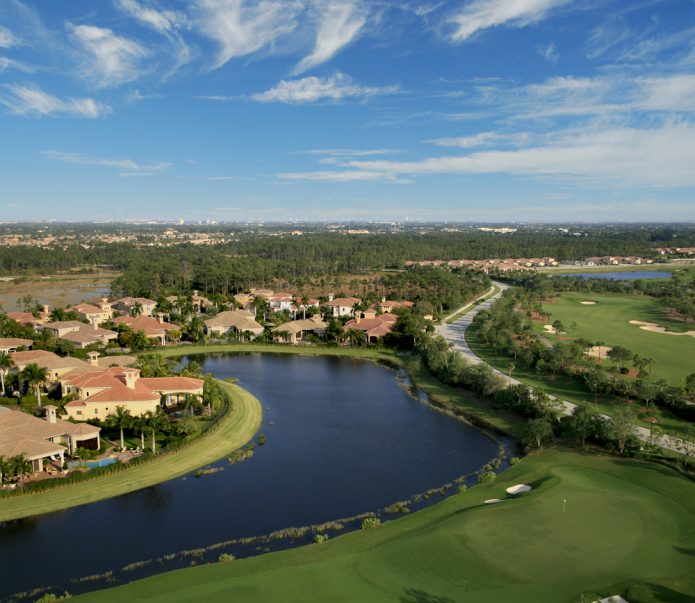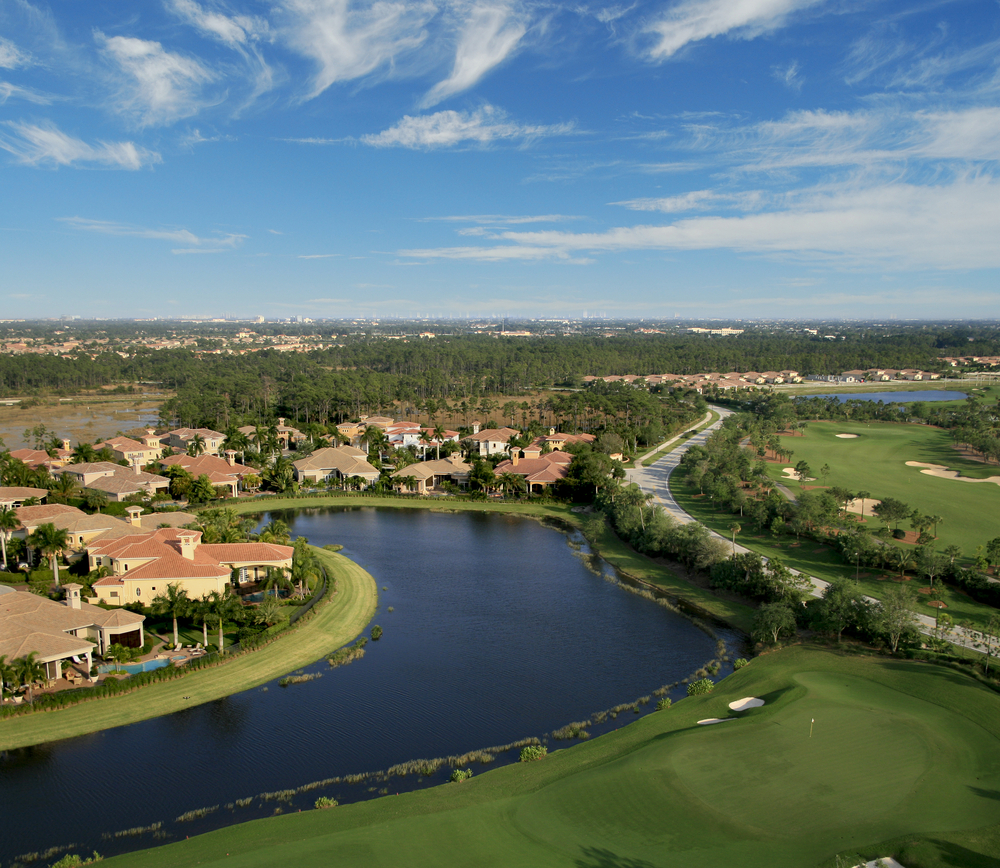
Shutterstock
The most unequal spot on the face of our Earth? For that dishonor, Hong Kong rates as a particularly strong contender. The city has the complete inequality package. Really rich people? Hong Kong has plenty, 93 billionaires in all, according to a just-released global billionaire census from researchers at Wealth-X. Only New York City, with 103 billionaires, boasts a larger concentration of personal fortunes worth at least 10 digits.
Really poor people? In Hong Kong, almost everyone outside the ranks of the remarkably rich feels poor. No city in the world has higher housing prices. Affordable housing in Hong Kong has become so scarce that the poorest of the city’s poor are now living in wire-mesh boxes stacked on top of apartment-house roofs.
These residential boxes typically run six feet long and three feet wide. Locals call their occupants “caged dogs.”
What makes housing so unaffordable in Hong Kong? Blame the toxic combination of mega-millionaires and mountainous terrain. The mountains limit the available space for building, and the presence of a phenomenally rich few bids up prices for that limited space.
With space at such a premium, city officials in Hong Kong are continually searching for little chunks of land — everything from the territory’s few remaining farms to terra firma reclaimed from the sea — that could host new housing.
But one sizeable chunk of open space — the land that private golf clubs have been leasing from the city — has remained untouchable. Now city residents are challenging that status.
Early this spring, protestors chanting “Land for all!” occupied a putting green at the elite Hong Kong Golf Club, a 54-hole complex big enough, notes one recent report, to house 37,000 people.
Membership at the Hong Kong Golf Club runs $2 million for corporations and $64,000 for individuals, with stiff monthly dues. The city sees little of that loot. The club pays only about $320,000 in annual rent to the city, “a mere 3 percent of actual market rental value,” one analysis pointed out last week.
Protestors see the city’s four private golf clubs as the symbol of Hong Kong as a playground for the global rich. The president of the association that represents the golf clubs, the banker Yoshihiro Nishi, deeply objects to that characterization. Let’s not turn golfing country clubs, he’s pleading, into a “fight between the haves and don’t-haves.”
Golf courses for an elite few, the journalist Malcolm Gladwell counters, can’t help but be an issue of class conflict. Gladwell has focused his own particular attention on Los Angeles, another city that has housing-squeezed residents of modest means subsidizing the playtime of wealthy golfers.
In L.A., Gladwell notes, elite country clubs have actually plugged into the state constitution a provision that “permanently exempts them” from normal taxation. One of those clubs, the Los Angeles Country Club on Wilshire Blvd., should now be paying about $90 million a year in taxes. The actual annual tax bill? Only around $200,000.
Meanwhile, Los Angeles rates as one of the worst metro areas in the entire United States for publicly accessible parkland.
“When you fly over LA, the green space that you see is cemeteries and golf courses,” a landscape architect in Santa Monica told Gladwell last year. “You don’t see parks.”
You see, in other words, inequality.
